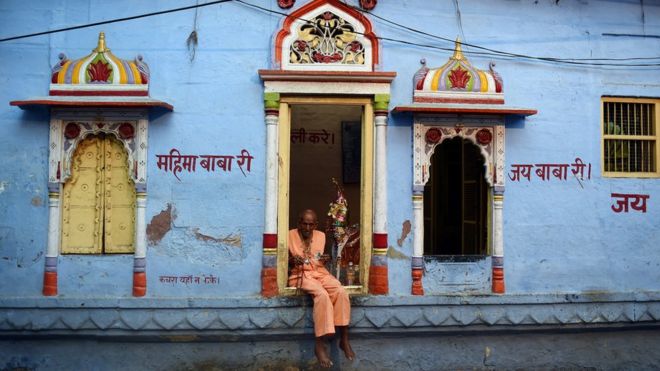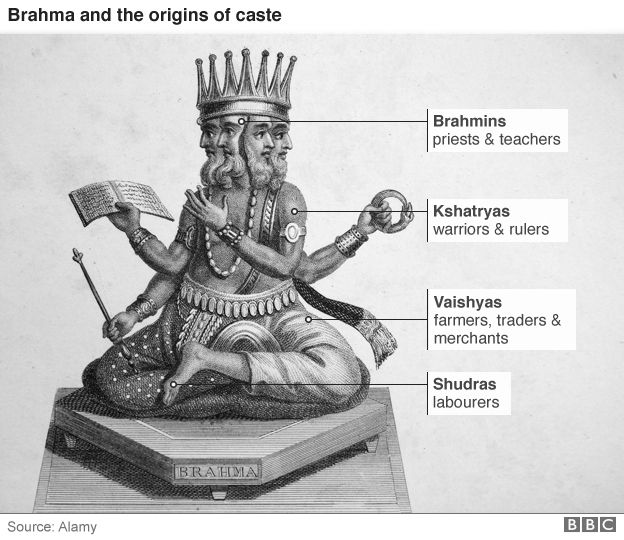VidaRed
Unimaginative FC
- Joined
- Aug 23, 2007
- Messages
- 29,612
Trump Administration Strips India of Special Trade Status
WASHINGTON — The Trump administration announced on Friday that it was stripping India of a special status that exempts billions of dollars of its products from American tariffs, part of a deepening clash over India’s protections for its market.
The White House said that it would terminate India’s preferential market access to the United States as of June 5. The notice claimed that India had not given the United States “equitable and reasonable access to its markets.”
The administration said that it would also apply to India tariffs on solar panels and washers that President Trump announced last year, suspending an exemption it had granted to certain developing countries.
The measure will hit some Indian exporters of products like textiles, jewelry, auto parts and agricultural products, and aggravate tensions between the United States and a country the Trump administration has described as an ally to counter China.
Prime Minister Narendra Modi begins his second term, said in a statement on Saturday that it was “unfortunate” that its attempts to negotiate a resolution with the United States had failed.
“We have significant development imperatives and concerns, and our people also aspire for better standards of living,” the statement said. “This will remain the guiding factor in the government’s approach.”
Mr. Trump’s move could set off yet another trade war with an allied country.
India has repeatedly delayed its own promised tariffs on a range of American goods, including almonds, apples and finished metal products, as it sought a broader trade deal with the United States. The South Asian country could now move forward with its own tariffs.
The two sides have been at an impasse for months. American negotiators grew alarmed by India’s increasingly protectionist stance, especially in technology, where it recently changed the rules to favor local e-commerce companies over Amazon and Flipkart, a major e-commerce site controlled by Walmart.
India, meanwhile, was upset by the American government’s heavy-handed tactics to stop India from buying oil from Iran, a longtime partner.
After Mr. Trump’s election in 2016, he and Mr. Modi emphasized their close relations. And in 2018, the Trump administration rolled out a foreign policy for a “free and open Indo-Pacific” that relied on a group of countries called “the Quad”: the United States, India, Japan and Australia.
But relations have steadily worsened since then. Mr. Trump has been far more focused on trade fights on other fronts, including negotiations with China, Europe and Japan, and an effort to ratify a new trade agreement with Canada and Mexico. But trade tensions with India have been quietly simmering, after the country rebuffed American efforts to open Indian markets to United States dairy products, medical devices and other goods.
American technology companies have complained about measures India uses to protect its internet industry. And Mr. Trump has criticized India in particular for charging high tariffs on American motorcycles.
“India is a very, very high-tariff nation, and they charge tremendous, tremendous numbers,” Mr. Trump said in March.
The program India is being expelled from, called the Generalized System of Preferences, was devised to allow developing countries to alleviate poverty through trade. About $5 billion of the $83.2 billion of goods that India sent the United States last year qualified for the tariff exemptions.
https://www.nytimes.com/2019/05/31/business/trump-india-trade.html
WASHINGTON — The Trump administration announced on Friday that it was stripping India of a special status that exempts billions of dollars of its products from American tariffs, part of a deepening clash over India’s protections for its market.
The White House said that it would terminate India’s preferential market access to the United States as of June 5. The notice claimed that India had not given the United States “equitable and reasonable access to its markets.”
The administration said that it would also apply to India tariffs on solar panels and washers that President Trump announced last year, suspending an exemption it had granted to certain developing countries.
The measure will hit some Indian exporters of products like textiles, jewelry, auto parts and agricultural products, and aggravate tensions between the United States and a country the Trump administration has described as an ally to counter China.
Prime Minister Narendra Modi begins his second term, said in a statement on Saturday that it was “unfortunate” that its attempts to negotiate a resolution with the United States had failed.
“We have significant development imperatives and concerns, and our people also aspire for better standards of living,” the statement said. “This will remain the guiding factor in the government’s approach.”
Mr. Trump’s move could set off yet another trade war with an allied country.
India has repeatedly delayed its own promised tariffs on a range of American goods, including almonds, apples and finished metal products, as it sought a broader trade deal with the United States. The South Asian country could now move forward with its own tariffs.
The two sides have been at an impasse for months. American negotiators grew alarmed by India’s increasingly protectionist stance, especially in technology, where it recently changed the rules to favor local e-commerce companies over Amazon and Flipkart, a major e-commerce site controlled by Walmart.
India, meanwhile, was upset by the American government’s heavy-handed tactics to stop India from buying oil from Iran, a longtime partner.
After Mr. Trump’s election in 2016, he and Mr. Modi emphasized their close relations. And in 2018, the Trump administration rolled out a foreign policy for a “free and open Indo-Pacific” that relied on a group of countries called “the Quad”: the United States, India, Japan and Australia.
But relations have steadily worsened since then. Mr. Trump has been far more focused on trade fights on other fronts, including negotiations with China, Europe and Japan, and an effort to ratify a new trade agreement with Canada and Mexico. But trade tensions with India have been quietly simmering, after the country rebuffed American efforts to open Indian markets to United States dairy products, medical devices and other goods.
American technology companies have complained about measures India uses to protect its internet industry. And Mr. Trump has criticized India in particular for charging high tariffs on American motorcycles.
“India is a very, very high-tariff nation, and they charge tremendous, tremendous numbers,” Mr. Trump said in March.
The program India is being expelled from, called the Generalized System of Preferences, was devised to allow developing countries to alleviate poverty through trade. About $5 billion of the $83.2 billion of goods that India sent the United States last year qualified for the tariff exemptions.
https://www.nytimes.com/2019/05/31/business/trump-india-trade.html




